GREAT TASTE – ZERO WASTE
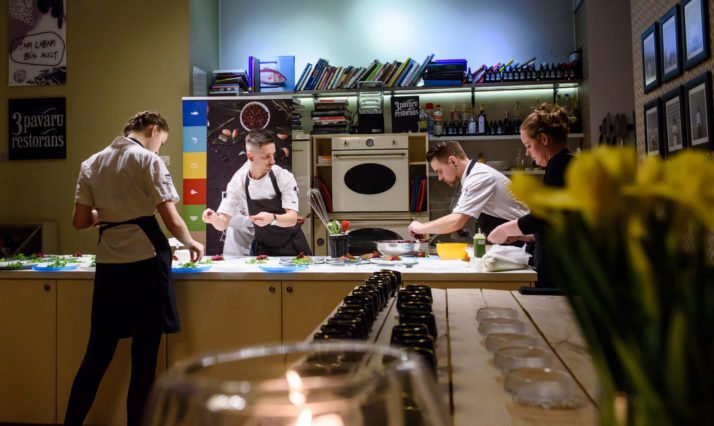
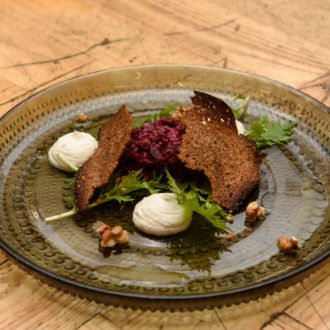
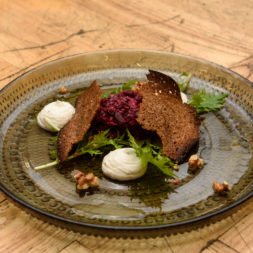
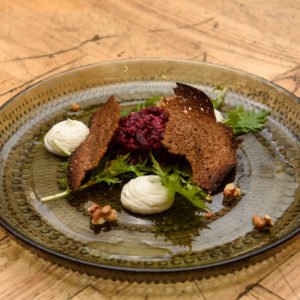
By Nina Spile
Food for thought
Climate changes has no borders. Therefore, we have to exchange knowledge on how to reduce Greenhouse Gas emission across borders. In that context, the Danish Cultural Institute and the Danish Embassy in Latvia wished to turn the attention to the prevention of food waste with the project GREAT TASTE – ZERO WASTE.
According to the most recent estimate from 2016, 88 million tonnes of food waste are generated in the EU each year with associated costs estimated at €143 billion. Food waste has a huge environmental impact, accounting for about 6% of total EU Greenhouse Gas emissions. This puts unnecessary burden on limited natural resources such as land and water use. Reducing food waste has enormous potential for reducing the resources we use to produce the food we eat.
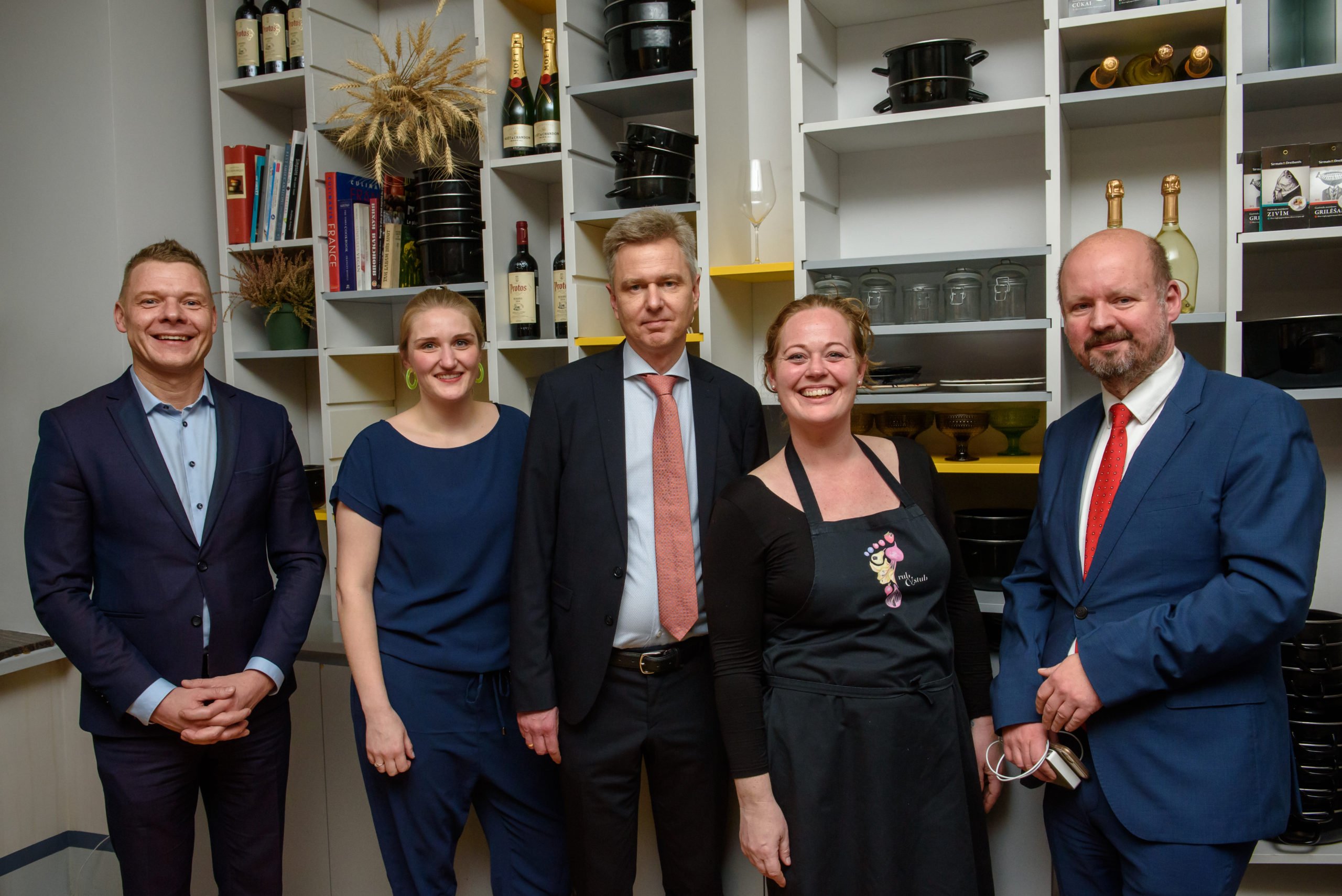
Why focus on food waste?
Sustainable dining is an environmental field where there has been an increased interest in sustainable and zero-waste cooking. Especially in Copenhagen, Riga and Tallinn sustainable dining has been emerging during the last couple of years. Therefore, there is an ever-increasing platform for gastronomic exchange between Denmark, Latvia and Estonia.
These facts were the inspiration for the Danish Cultural Institute and the Danish Embassy in Latvia and Estonia to focus on sustainable dining. This idea resulted in the social enterprise Rub & Stub coming to Riga and Tallinn to share knowledge and bring awareness on food waste in the restauration business.
When it comes to sustainable thinking in households, Denmark can learn a lot from the Latvian households.
It lies within the Latvian DNA to avoid food waste as it is a way to save money. During the Soviet occupation, the Latvians were dependent on the cheap parts of the animal and seasonally based cooking. The methods of cooking were stewing, and you would use all of the animal from tail to nose. Nothing was wasted because you couldn’t afford to be picky – according to Mārtiņš Sirmais, who is a Latvian celebrity chef well known for his experience in working towards sustainability in food presentation and restaurant management.
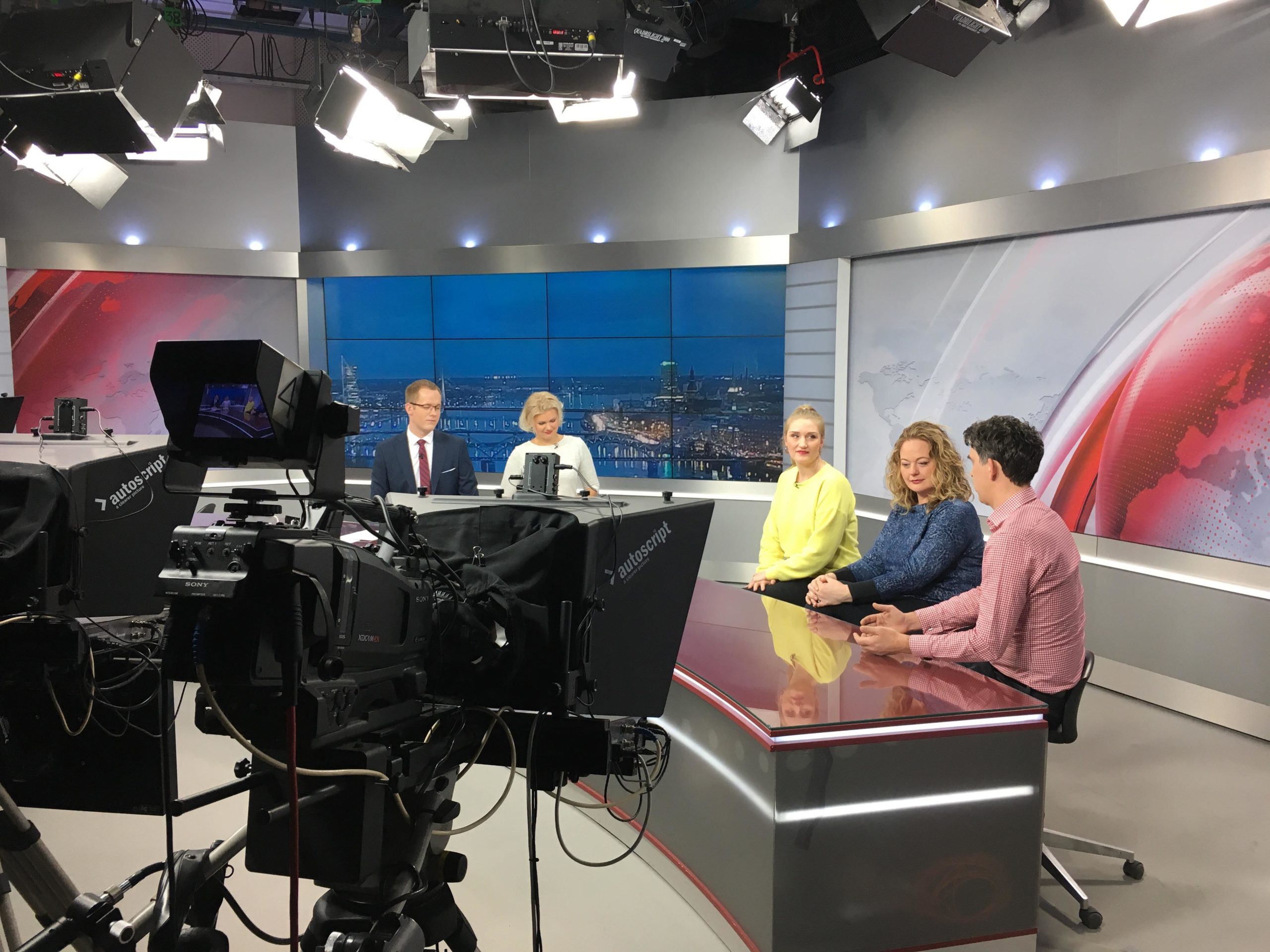
About the Seminar
The Danish Cultural Institute and the Danish Embassy in Latvia invited Irina and Maria from the Danish social enterprise ”Rub & stub” to Riga and afterwards Tapa/Tallinn to conduct two two-day seminars consisting of a masterclass as well as a gourmet dinner. The thought behind the seminars was to improve better and more sustainable practices and solutions within the culinary industry.
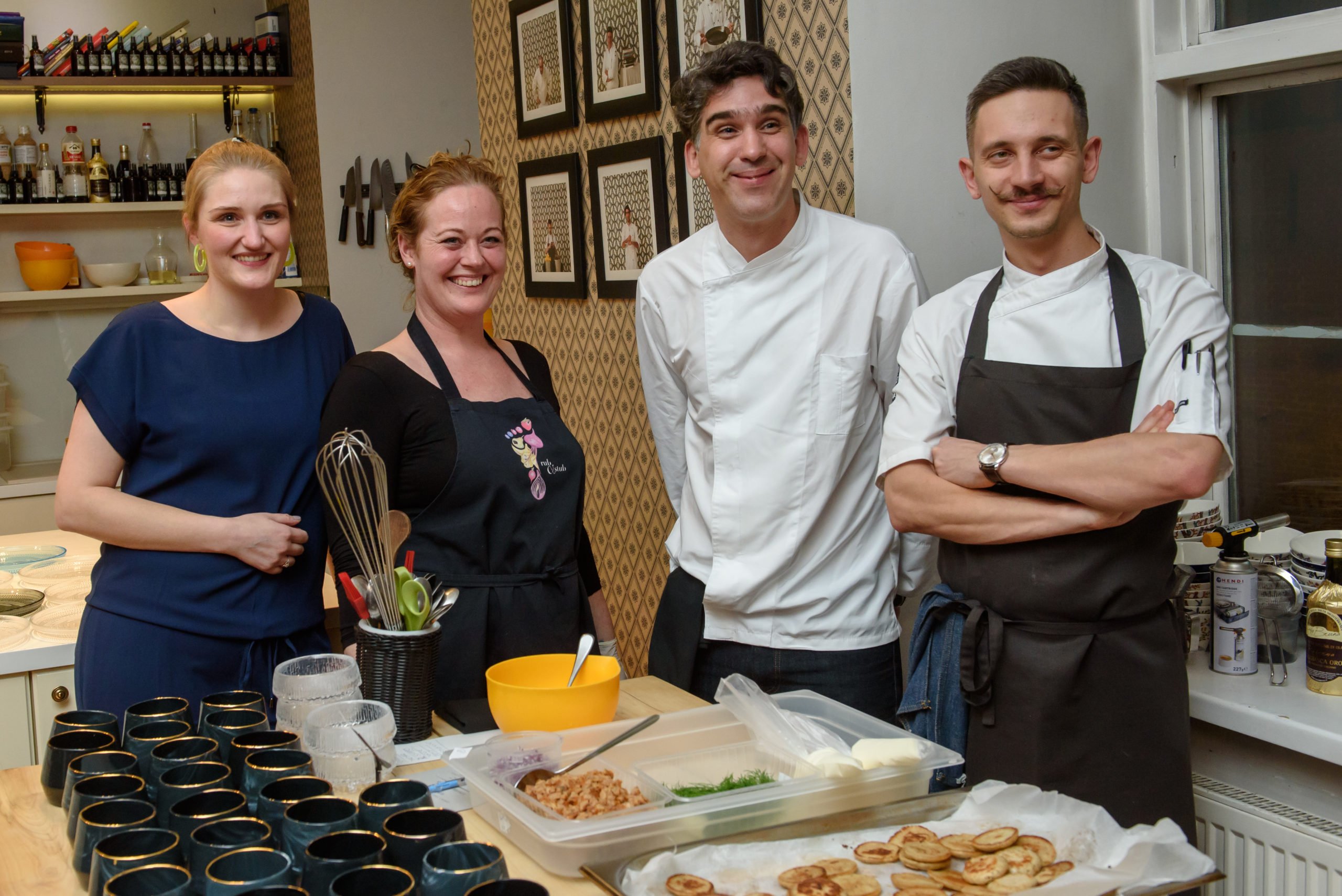
Rub & Stub
Rub & Stub is a social enterprise working to promote a sustainable food culture with a specific focus on food waste reduction. They focus on entrepreneurship by bringing the best practices from the restaurant to the outside world. Rub & Stub does workshops, teachings, food events and conceptual food experiences, all with a focus on food waste, sustainability and optimal use of resources.
The Master class in food waste reduction
The master class was a theoretical and practical workshop for kitchen professionals from the industry. In Tapa chefs and soldiers from the NATO military base in Tapa also participated. The backdrop of the Estonian part of the ZERO WASTE – GREAT TASTE project was the arrival of the Danish contingent of 200 soldiers in the NATO enhanced Forward Presence, also remembering – at the time of the centenary of the Tartu Peace Treaty on 2 February 2020 – when 100 years ago 200 Danish volunteers came to fight alongside Estonians in the War of Independence.
The participants were challenged to work with a mindset focusing on food as a resource that cannot be wasted by having a more sustainable approach to everyday kitchen methods. As a part of the practical workshop, the participants cooked up a delicious and sustainable no-waste meal for each other to share while they discussed the key learnings of the day.
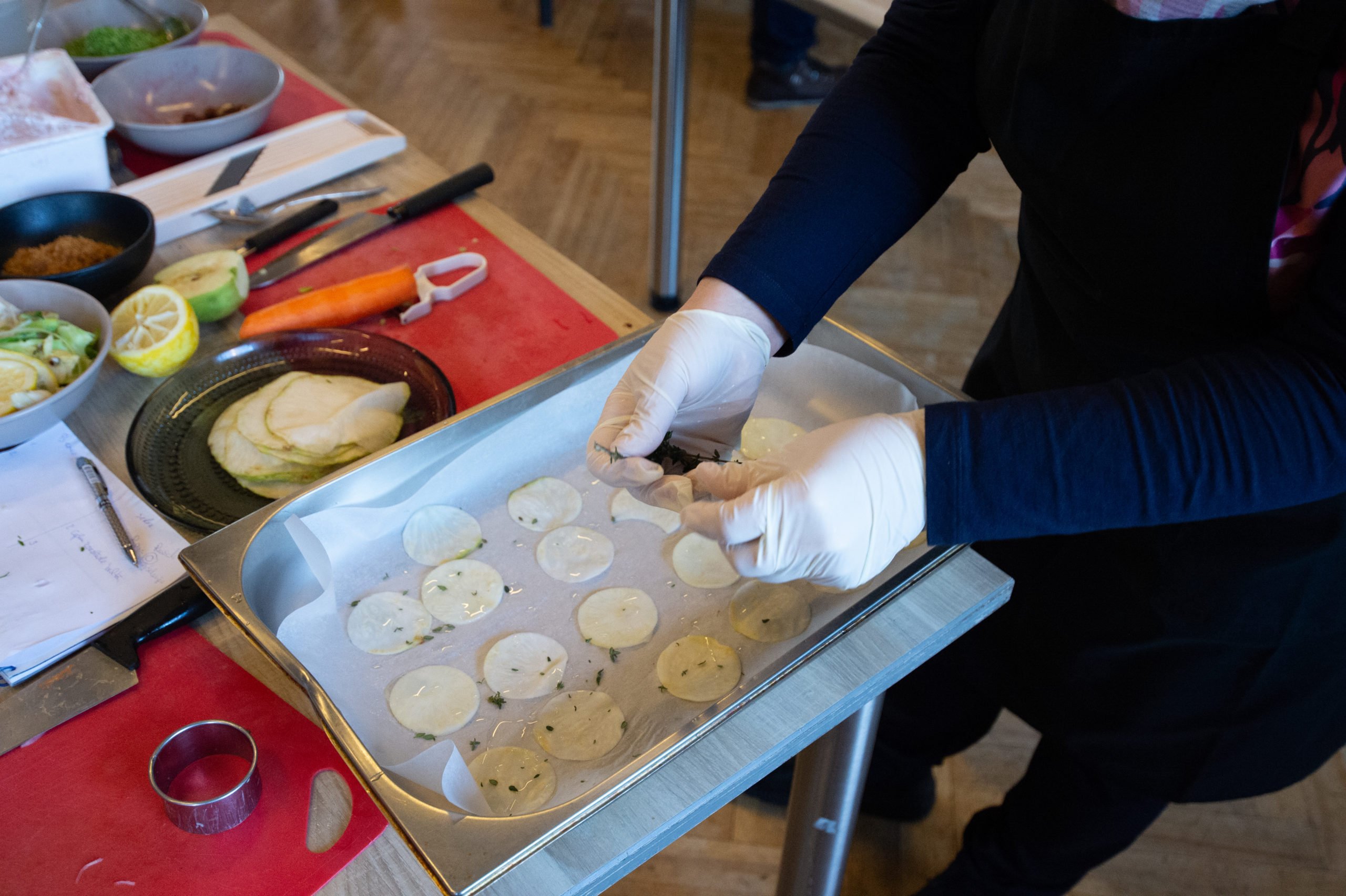
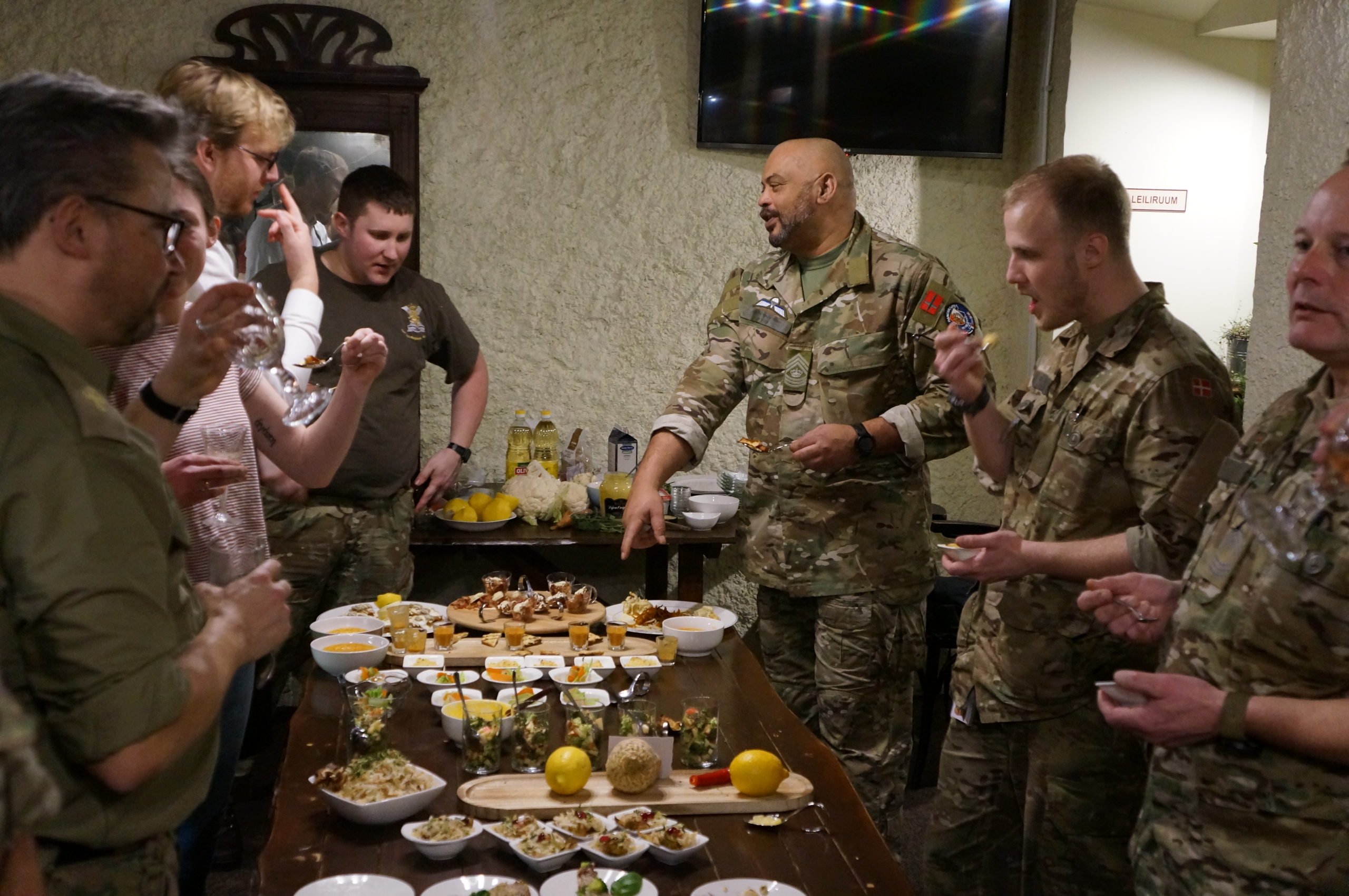
The Sustainable Gourmet Dining Experience
For the sustainable gourmet dining experience, Rub & Stub prepared seven servings that in their own way represented their sustainable and waste-free approach to cooking and eating. This approach to fine dining proved that there does not have to be any discrepancy between fine dining and no food waste. They can and should go together!
The servings were based on nose to tail principles, even when it came to vegetables and all else. Put differently, anything brought into the kitchen and production of Rub & Stub was used. The dinner was based on local, seasonal and organic ingredients to highlight the sustainable approach to food production.
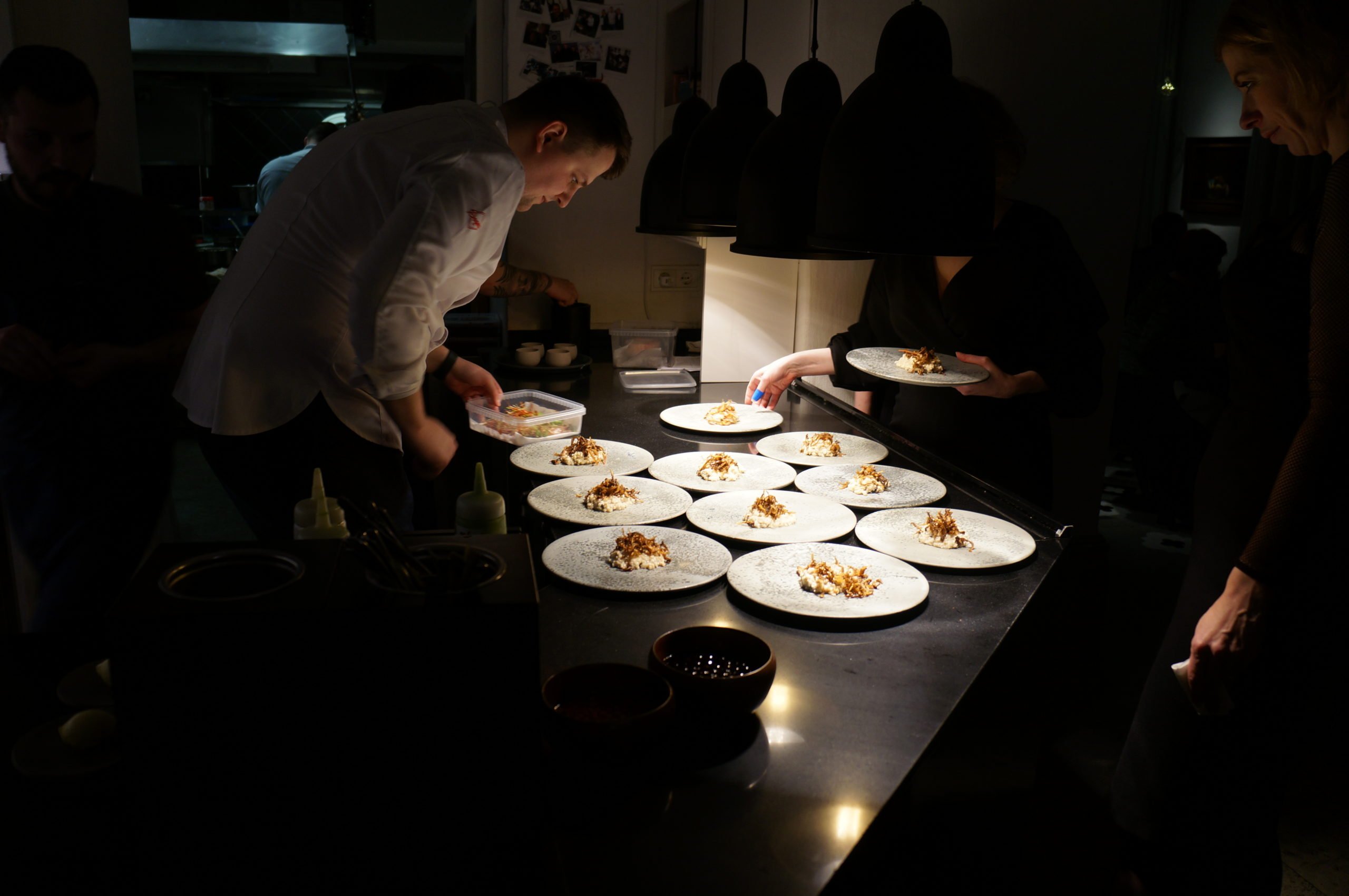
The seminar had two main purposes; firstly, to establish knowledge-sharing between “Rub & Stub” and professionals from the culinary industry concerning sustainability and reducing food waste. Secondly, to inspire each other on how to use skills in general practices to reducing food waste by creating a gourmet dinner in cooperation with high-levelled Latvian/Estonian chefs at 3 3 Pavāru Restorāns in Riga and Art Priori in Tallinn.
What does the future hold for this project?
In DCI, we wish to contribute to sustainable thinking by being a part of the process for the Latvian and Estonian restauration business in creating their own manifesto on how they can work with food waste. Hopefully this will help to make sure that the knowledge will be used in training new chefs and that sustainable thinking will become a natural part of cooking.